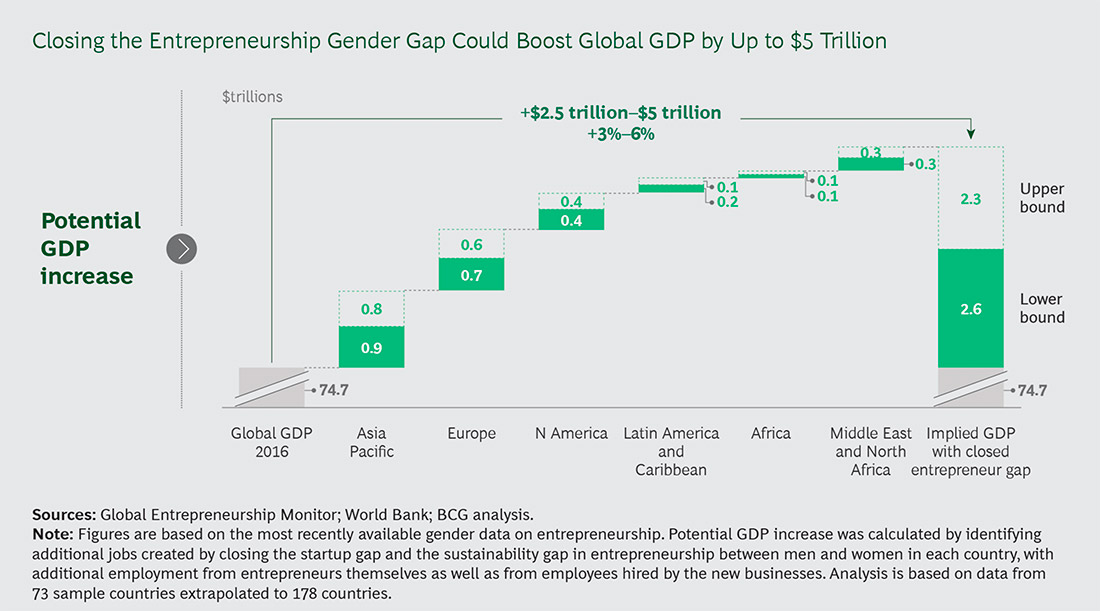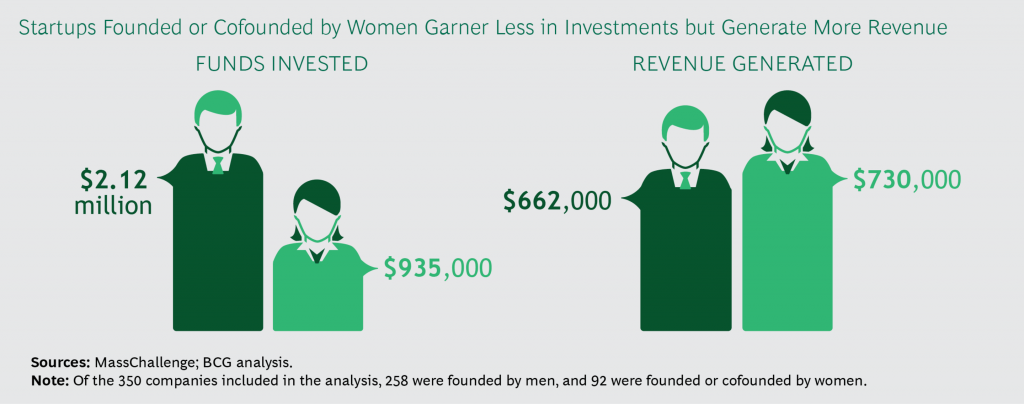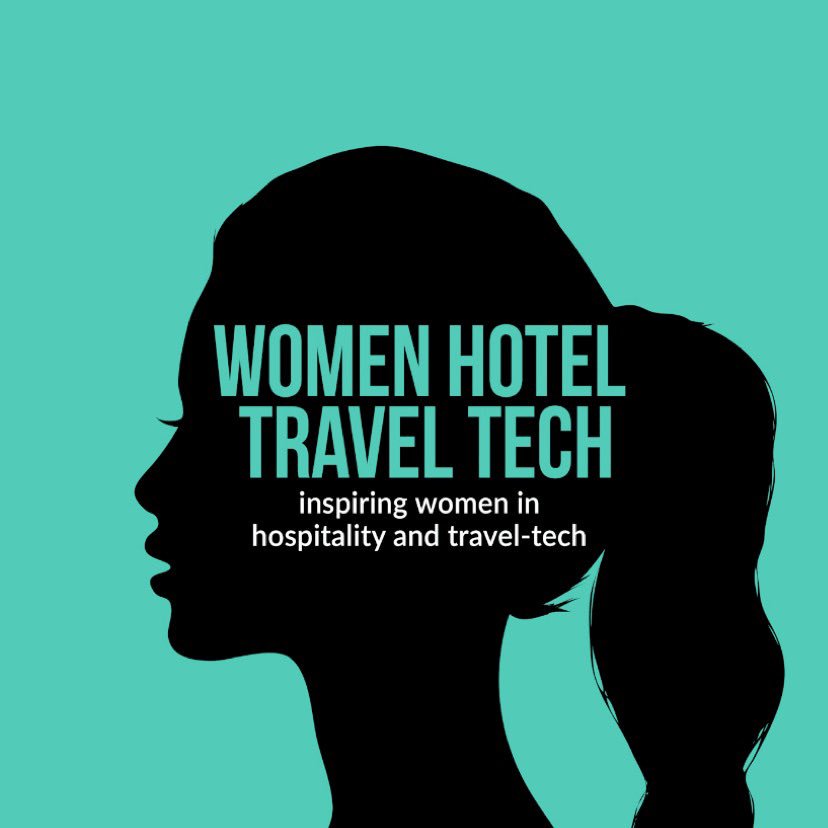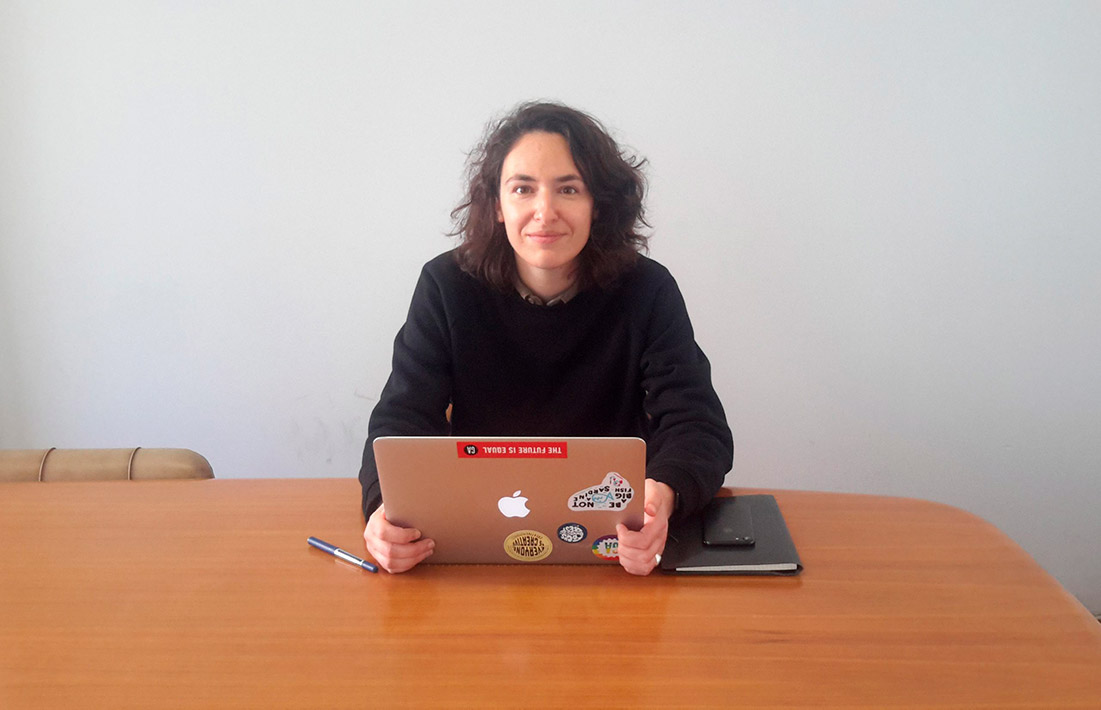Securing access to funding is still a challenge for female startup owners around the world, including in Portugal, and extra efforts are needed to address this issue, says the co-founder of Women in Hospitality and Travel-Tech (WHTT).
"There are still venture capitalists that don't have any companies on their portfolios that are being led by women. That's a problem," Filipa Manita said in an exclusive interview with Via News, while emphasizing that VCs and funding organizations need to work harder to narrow the gender funding gap for entrepreneurs.
She believes that attracting funding by female founders is a tough task in general and in Portugal in particular.
"Raising funding in Portugal is very difficult. I'm not saying it's impossible, but it is difficult," Filipa said, adding that there is a great community of female CEOs in the country who are very supportive of each other.
Entrepreneurial Gender Gap
According to a 2019 analysis by Boston Consulting Group (BCG), if female startup owners received the same funding and support as their male counterparts are typically given, global GDP could increase by around 3% to 6%—adding $2.5 trillion to $5 trillion to the global economy.
The findings of the report exploring the entrepreneurial gender gap were based on an analysis of data from the Global Entrepreneurship Monitor (GEM), regionally and country by country.
In BCG's view, unequal access to financial support contributes greatly to the gender gap, especially for women starting new businesses.

According to a BCG analysis of 2018 data from MassChallenge, a U.S.-based global network of accelerators, "investments in companies founded or co-founded by women averaged $935,000, which is less than half the average of $2.1 million invested in companies founded by men entrepreneurs."
BCG says this disparity exists even though startups with female founders or co-founders performed better over time, generating 10% more in cumulative revenue during five ears: $730,000 for women compared with $662,000 for men.
The consulting group argues that the benefits of financially supporting women's entrepreneurship go far beyond boosting global GDP.
"Closing the gender gap in entrepreneurship and fueling the growth of women-owned enterprises will unleash new ideas, services, and products into our markets. And ultimately, those forces may redefine the future," it said, adding that the lack of networks that effectively support and mentor women entrepreneurs is an overlooked issue that should be tackled.

Women in Hospitality & Travel-Tech
Filipa, who has an educational and professional background in tourism and management, is doing her share of empowering female leaders and entrepreneurs through a non-profit project called WHTT, which advocates for a more diverse culture in travel tech and hospitality organizations.
The mission of WHTT, in its own words, is to "inspire, leverage, and retain female talent in the hospitality and travel tech industry" and increase the number of female senior executives in this sector.
They strive to do it by initiatives that are aimed at enabling career opportunities and providing a platform for organizing regular meetups, a mentorship program, and educational material on leadership and entrepreneurial skills.

Filipa says WHTT "brings a lot of extra value and knowledge and networking opportunities to middlemen and juniors that are mainly in the travel industry and are trying to take the leap to become C-level executives."
"We're now having representation from Chapter leaders in cities like Barcelona, London, Prague, Budapest and Berlin. So we're reaching out to a lot of women in the travel industry. In Portugal, I'm lucky enough to know a very nice group of women CEOs and I know that we try to support each other," said Filipa, who is also the co-founder of Teamy, a technology-based platform meant to facilitate organizing team building events and activities.
Women in Hospitality and Travel-Tech (WHTT) aspires to help increase the number of female senior executives in the hospitality and travel tech industry.
Women in Tech
Asked about her advice for women who are afraid of entering the male-dominant world of tech, she said, "Surround yourself with other women. I think representation is key. It's really difficult to see yourself in other women leading companies if you're not surrounded by people that you can see that represent you."
"I think that if someone is trying to build a business, independently of gender, should always surround themselves with like-minded people and other CEOs and other entrepreneurial people. But if you're a woman, try to also surround yourself with other women entrepreneurs."

Being Creative
Another piece of advice that Filipa would like to share with aspirant entrepreneurs or startup owners is to be "creative in terms of trying to prove your market fit".
"There's a number of ways that you can do that without putting way too much effort and way too much money on something that you don't know is gonna work or not. So always test your ideas in the most creative way that you can to spend the least amount of resources until you're sure that this is what you wanna do."
Teamy's co-founder also recommends that those interested in building their own company try to build a business around something that they are familiar with.
"Don't try to build a business on something that you've never heard of or never worked on. You need to become an expert on what you're selling so it makes sense to develop something that you already know or you already have some skills at. If you do that, people are gonna listen to you."
Aspirant entrepreneurs should be creative in terms of trying to prove their market fit and build a business around something that they are familiar with.
Filipa Manita, co-founder at Teamy
Solo Entrepreneurship
When asked whether solo entrepreneurship is feasible or not, Filipa said it is easier if one has a co-founder but it depends on the nature of the business, the business model, and the type of the market in question.
It may be easy to go solo if you have previous experience but it could get difficult if you're going for funding, she added. "It's a full time job so if you don't have a co-founder, it's going to be very very difficult to manage everything like taking care of customers or organizing and managing your team plus funding."
Filipa also maintains that having a co-founder can help a person feel more committed from the beginning. "And when you commit, you tend to collaborate and take ownership faster than when you're solo."

